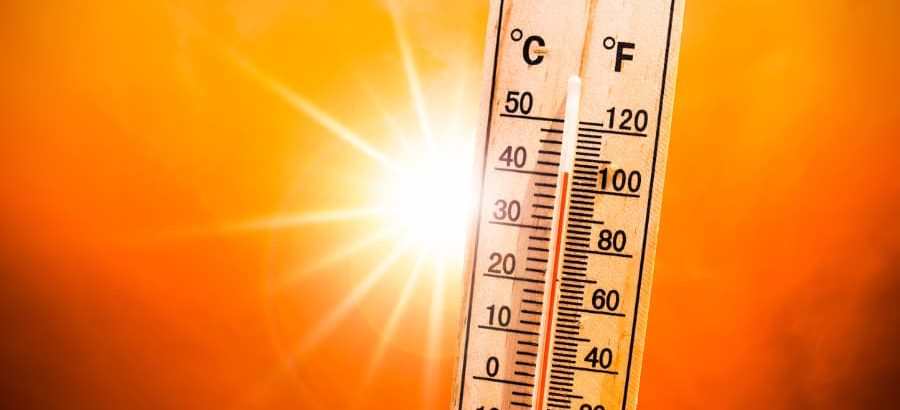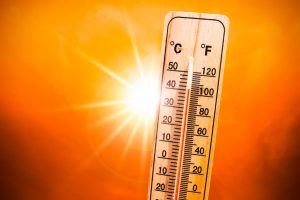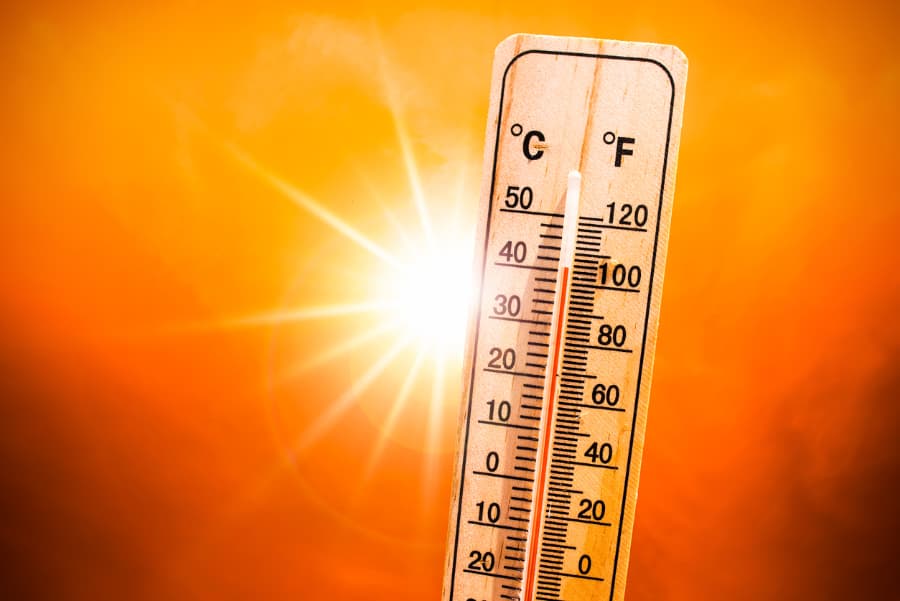


Thermal shock is only one of many climate-related sources of roof damage, but it’s one of the most common. High temperatures cause material to expand and contract. Over time, this shift leads to cracks, buckling, and worse. If you own a commercial building, it’s essential to plan and prepare for thermal shock in your roof. Find out how to evaluate your risk from McDonald & Wetle’s roofing experts.
Understand the Impact of Climate
Because thermal shock is caused by extreme shifts in temperature, weather plays a key role. As roofing materials heat up due to direct sunlight or ambient heat, they begin to expand. In the same way, materials contract as they cool. Repeat this process often, and you may begin to see significant roof damage and rising maintenance costs.
Due to its mechanics, thermal shock is most common in areas that experience drastic temperature changes. However, it still presents a risk for areas like the Pacific Northwest that experience frequent weather changes. When weeks of heat are followed by sudden storms, thermal shock is a danger to watch out for.
Examine Your Roof’s Surface
The condition of your roof’s surface also contributes to the risk of thermal shock. That’s why it’s important to have an experienced roofer perform consistent inspections as part of regular maintenance and repairs. Evaluating the following features can help determine your roof’s level of risk:
- Dark Surfaces: Black and other dark materials absorb large amounts of light and heat. Under bright sunlight, this can quickly lead to thermal shock.
- Reflective Materials: McDonald & Wetle includes a special reflective surface on many of the commercial roofs we install. Doing so minimizes the risk of heat absorption and thermal shock.
- Age: As roofing materials age, they lose elasticity and become more vulnerable to thermal shock and other forms of wear.
If you’re installing a new commercial roof, ask your contractor about ways to prevent thermal shock. They have the experience needed to understand local climate conditions and the practices that will keep your roof safe from damage. Likewise, an experienced roofer can accurately assess the risk level presented by your existing roof and suggest upgrades that could help.
Check for Damage
Finally, examine your roof for damage. Existing cracks or buckles indicate that the roof has already succumbed to thermal shock to some degree. More importantly, thermal shock is cumulative. Even minor damage will get progressively worse over time, and hairline fractures and cracks can turn into a serious problem if undetected or neglected. Pay special attention to transition areas, such as:
- Parapet walls
- Pitch pans
- Pipe penetrations
- Chimneys
Repairing any existing damage can help prevent further worries about thermal shock. However, if the damage is too severe, a full replacement may be needed.
Learn More about Thermal Shock
Having an expert install and maintain your roof is the best way to guard against thermal shock. If you have questions about thermal shock and the integrity of your roof, contact McDonald & Wetle today. With nearly 100 years of providing the Portland, Oregon, and Seattle, Washington metro areas with commercial roofing, we offer the experience and professional service needed to install quality roofs and keep them in good condition.
Acest cazinou românesc https://balgarskiezik.org/ este uimitor, oferindu-ți bonusuri generoase și posibilitatea de a explora jocurile slot preferat fără nicio teamă. Beneficiați acum de nenumarate avantaje, datoritã acestei platforme virtuale!

